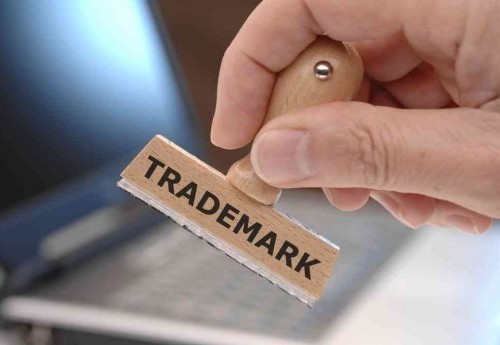There are different trademark misconceptions that we need to debunk if we want to gain real results in this field. One common misconception is that we could reserve the trademark for indefinite future uses. We should be aware that trademark protection doesn’t really exist until we use the trademark in conjunction with specific services and goods. In many cases, trademark application requires subsequent filings of declaration that confirms bonafide uses of a trademark. The trademark agency will grant a 6-month period, which can be used to file the declaration of use. In this case, the applicant could require an extension for another 6=month period. However, the registration can’t be extended 36 months after the original filing of the application. We also shouldn’t assume that trade names confer upon specific trademark rights. We could properly register the trademark by filing it to the trademark office.
It means that although we have used a specific trademark for decades, it has no legal basis, if we haven’t registered it in the trademark agency. So, if someone decides to register it, we will lose the right to continue using the trademark. Some people also think that they can assume unrestricted rights to use their last name as trademark for goods and services. This is a wrong assumption and we don’t have the absolute right to use our own surname for commercial purposes. As an example, Scott or John McDonald can’t apply the “McDonald’s” trademark in the food industry, because the name is already taken by the fast food giant. The person could still sell his burgers under the “Scott McDonald’s” trademark and obviously without the iconic yellow arches. Another thing that we can’t assume is that the trademark exists for the benefit of the trademark holder. The registered trademark is more focused for the benefit of the consumers.
With a trademark, consumers would be able to identify the actual origin of specific product and service. It means that if someone buys a camera with the name Canon on it, he is assured that he gets an actual Canon camera. This is confirmed by the fact that the copyright protection and patent have limited duration. You should know that because you have successfully registered trademark, it would exist forever. You need to renew the trademark after a period of time before the expiration date. Some patented technological solutions will become public property and can be implemented in all areas and by anyone after a period of time. This ensures the distribution of intellectual wealth to the public and encourages inventors and innovators to come up with new proprietary solutions. This arrangement will ensure that technology and innovation will continue to flourish, while essential technologies won’t be owned by small groups of people. The name “Monopoly” is a classic example of lost trademark. Parker Bros. neglected the registration extension of the name and it’s now in public domain, which can be used by any manufacturer. It is important for you to be aware of these misconceptions.
